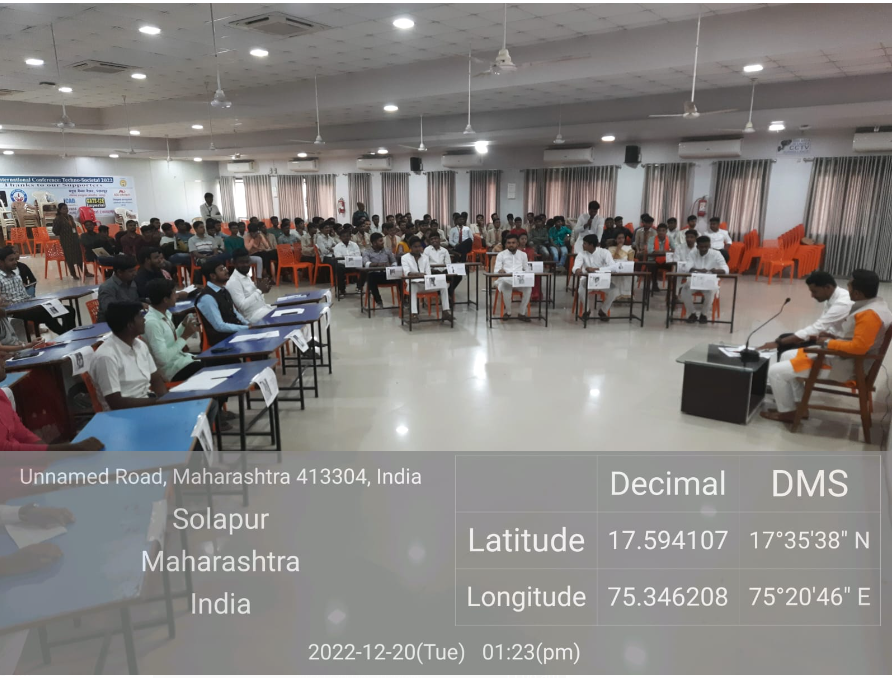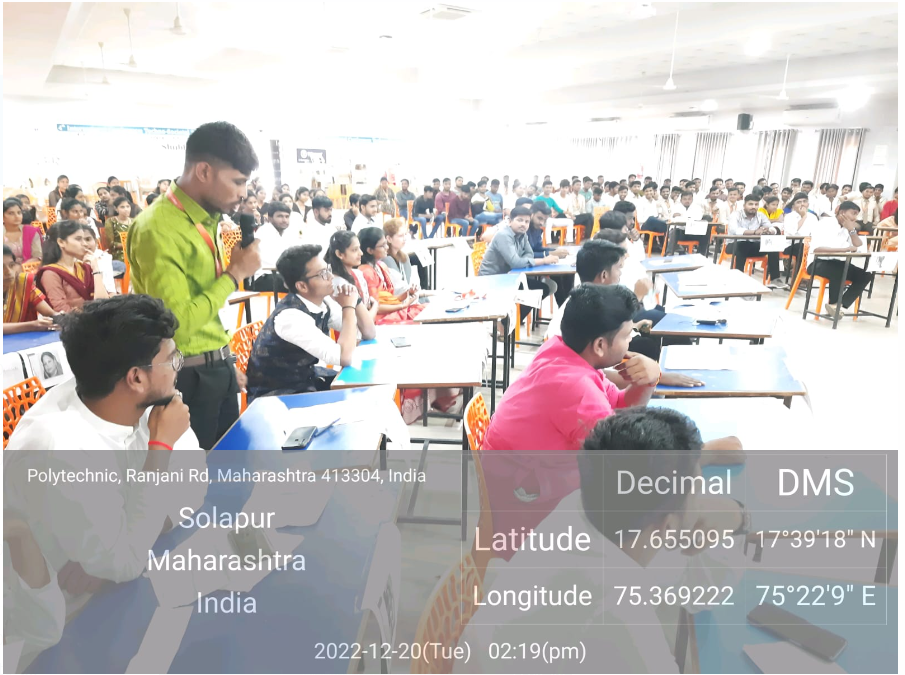Mock
Parliament
Mock Parliament is an excellent activity for students to learn about the legislative process, parliamentary procedures, and public speaking. Organizing a mock parliament involves assigning roles to students, such as Members of Parliament (MPs), ministers, opposition members, and the Speaker of the House.
The students can debate on various topics, such as current events, social issues, or policies relevant to their region or country. They can also introduce bills and present arguments for or against them, vote on legislation, and pass or reject bills according to parliamentary procedure.
Participating in a mock parliament activity can help students develop critical thinking, problem-solving, and public speaking skills. It also helps them understand the importance of compromise and collaboration in the legislative process, as well as the significance of engaging in democratic decision-making.
Mock parliaments can be organized at different levels, such as within a classroom, school, or even at a national level. They can also involve students from different schools or universities, providing an opportunity for students to meet and interact with their peers from other institutions.
Overall, a mock parliament is an excellent activity for students to learn about the legislative process, develop their skills, and engage in active citizenship. It can help foster a sense of responsibility and participation in decision-making processes, and encourage students to be informed and engaged citizens in their communities.





Nice activity
ReplyDeleteNice activity
ReplyDeleteExcellent
ReplyDeleteGood
ReplyDeleteExcellent
ReplyDeleteNice activity
ReplyDeleteThis activity will help children to understand the proper Functioning of parliament, a very nice and amazing idea...👏👏👍👍🇮🇳🇮🇳
ReplyDelete